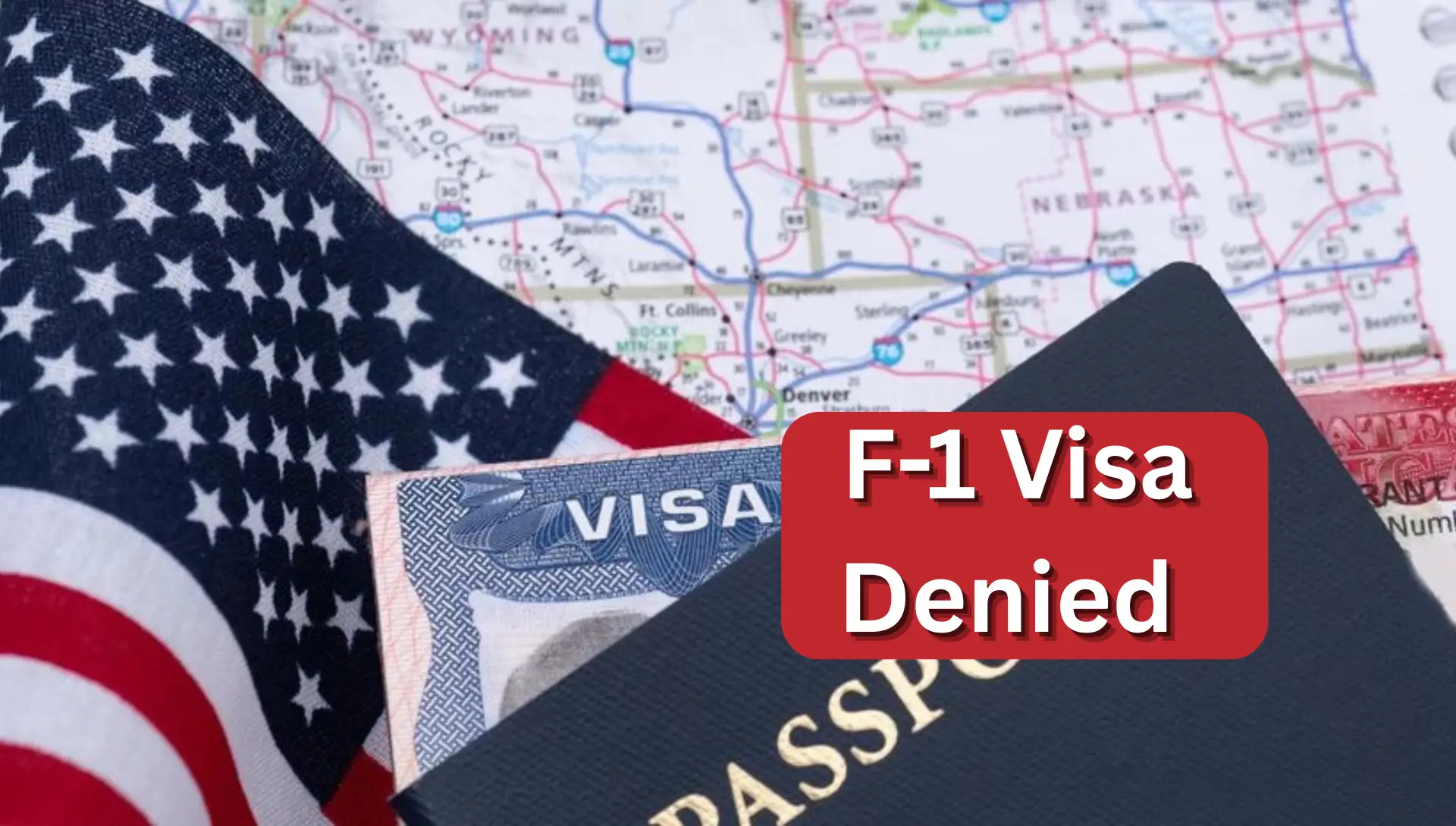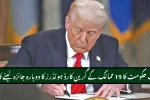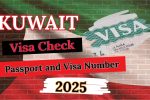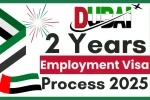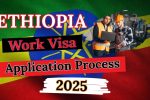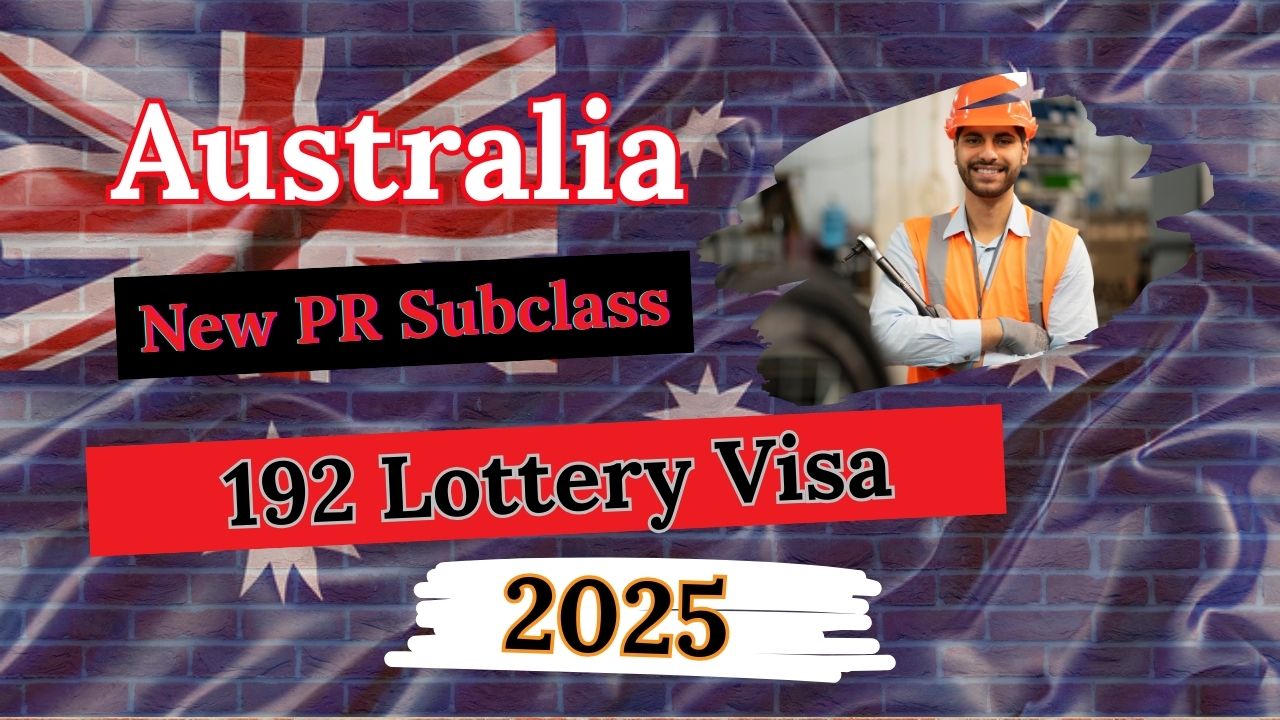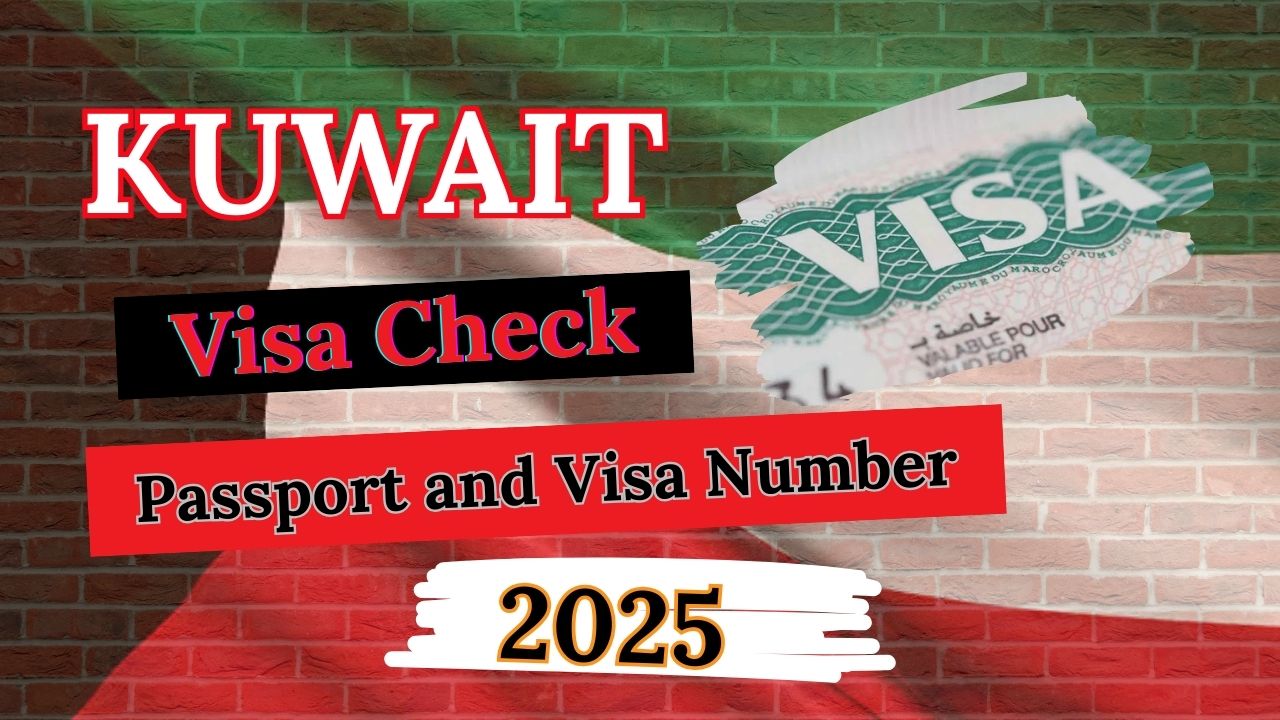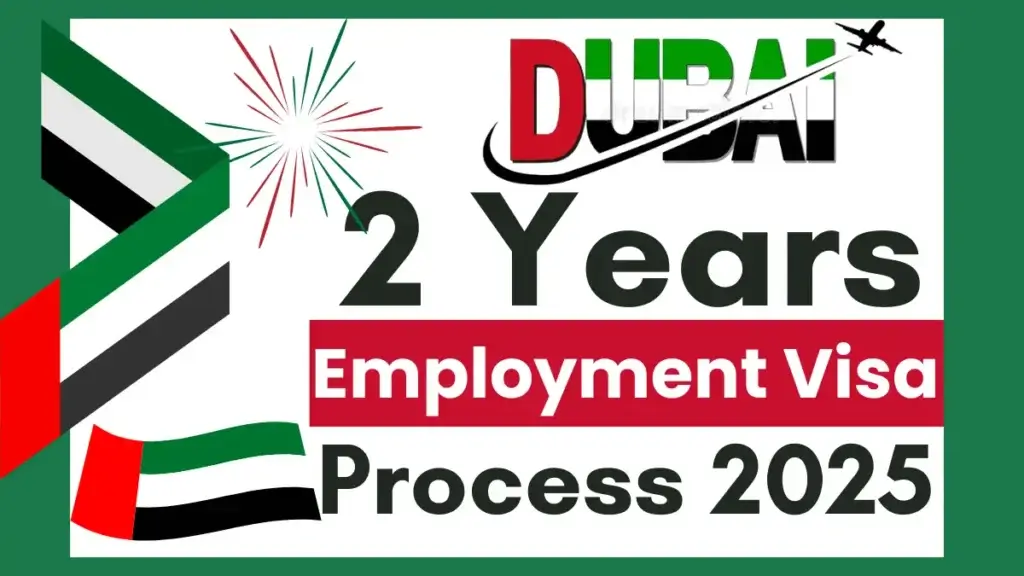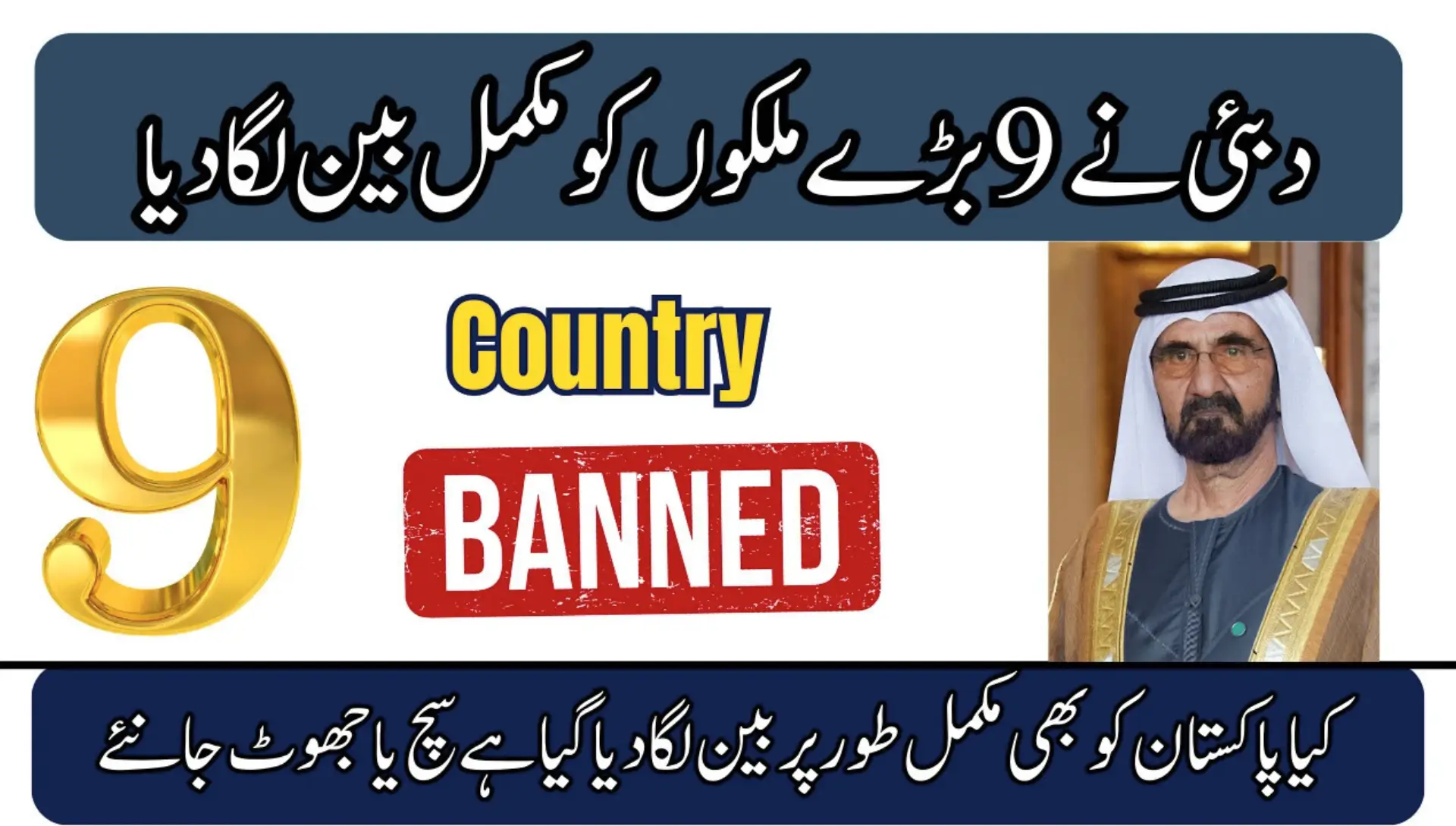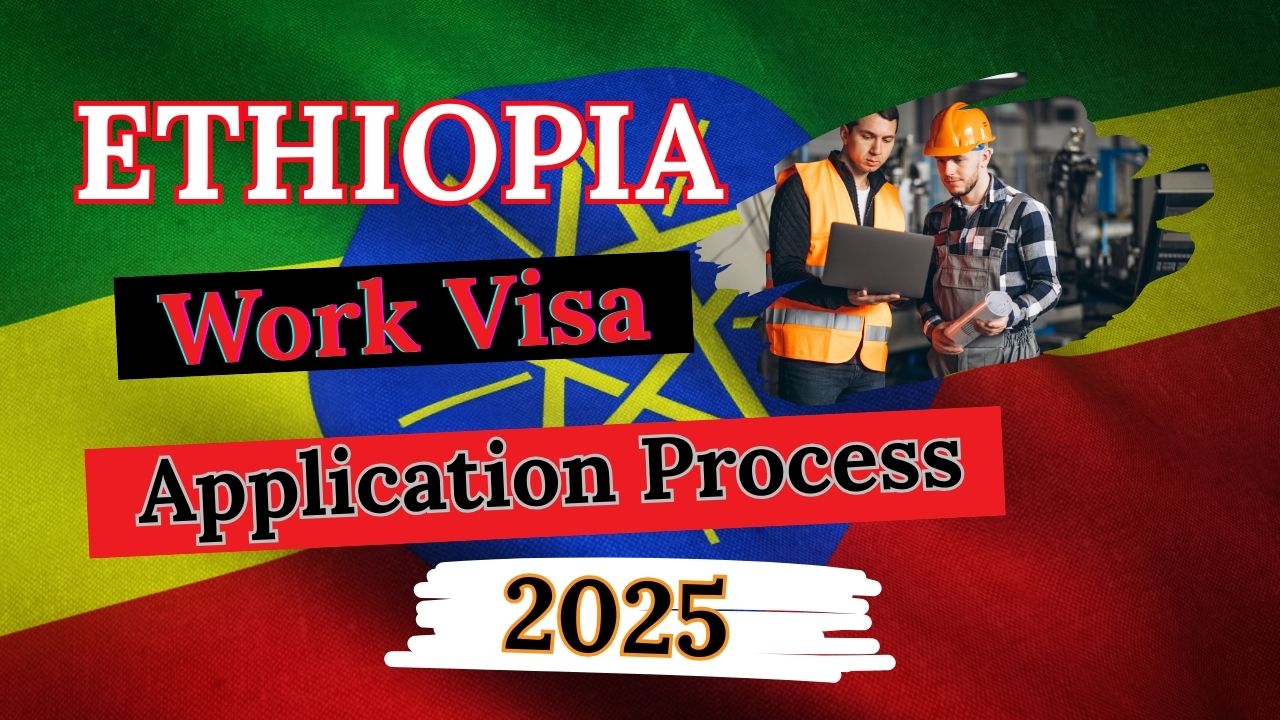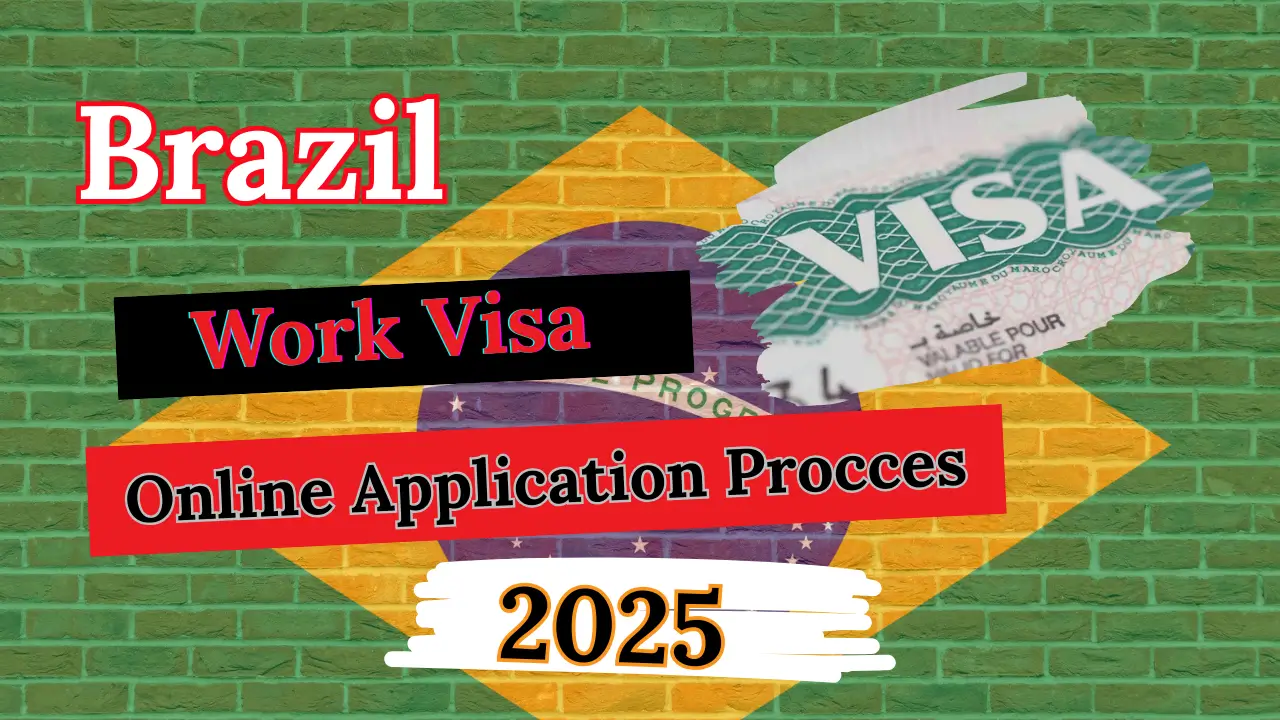F-1 Visa Denied After Single Question at US Consulate (2025 Update). F-1 visa denials are becoming more common in 2025, often leaving students confused after short interviews. One recent case has drawn global attention a student was denied a US F-1 student visa after just a single question during the consular interview. This article, explores the full story, possible reasons behind such rejections, what Form 214B means, and how students can improve their chances of approval next time.
What Happened: F-1 Visa Denied After One Question
An Austrian citizen who had previously volunteered in the United States on a B1/B2 visa applied for an F-1 student visa to enroll in a Community College program in construction technologies a course unavailable in Austria or at local private universities.
However, during his F-1 visa interview at the US Consulate, he was asked only one question:
“Have you studied before?”
He replied that he had studied in Vienna but did not continue the program because it wasn’t a good fit.
Surprisingly, that was the only question asked before the visa officer handed him a 214B refusal form, denying the F-1 visa on the spot.
Despite the applicant having returned to Austria almost a year ago and having close family ties in the country, the application was still rejected without further explanation or document review.
What Does the 214B Visa Refusal Mean?
Under Section 214B of the US Immigration and Nationality Act, every applicant for a temporary visa is presumed to be an intending immigrant until they can convince the visa officer otherwise.
In simple words:
You must prove that you have strong ties to your home country and will return after your studies.
Common 214B Visa Denial Reasons
| Reason | Description |
|---|---|
| Weak Home Ties | The applicant could not show enough reason to return home after study. |
| Limited Financial Proof | Insufficient evidence of funds to cover tuition and living expenses. |
| Unclear Study Intent | Consular officer doubted if study goal was genuine or just a pathway to stay in the US. |
| Prior US Stay | Extended previous stays (even volunteering) may raise doubts. |
| Inconsistent Answers | Answers did not match the documents or DS-160 form. |
Why F-1 Visa Was Denied After a Single Question
The short interview shocked many, but experts say the decision likely depended on the officer’s first impression and existing profile data.
Here are the possible explanations:
1. Officer Already Had Sufficient Information
Visa officers review the DS-160 form, SEVIS details, travel history, and prior visas before the interview. If something appears inconsistent, they may already lean toward denial.
2. Past B1/B2 Visa and US Stay
Having previously volunteered in the US may have caused doubt. Officers sometimes suspect applicants might be using the F-1 visa to return long-term, not for study purposes.
3. Community College Selection
Although affordable, some community college programs are considered lower academic intensity or less compelling for foreign applicants. A course in “construction technologies” might not have been convincing enough for an F-1 purpose.
4. Weak Explanation for Study Change
When the applicant said he “didn’t like” his previous course in Vienna, it may have raised concerns about his academic commitment or clarity of purpose.
5. No Opportunity to Show Ties
Unfortunately, short interviews often end before applicants can present extra documents showing property, family, or employment ties to home country.
Understanding F-1 Visa Interview Trends in 2025
According to recent data from US State Department, F-1 visa approval rates dropped slightly in 2025 compared to pre-pandemic years.
More focus is now placed on:
- Genuine study purpose
- Financial transparency
- Consistency of profile across documents
- Clear post-study plans
Students from non-English-speaking countries and community college applicants are facing stricter scrutiny.
Tip: Your academic choice must clearly match your background and future career plan.
Lessons From This Case
Even though this applicant had a legitimate study plan and strong family connections, a single weak answer was enough to trigger a 214B rejection.
What Students Should Learn:
- Prepare strong answers for every question, even simple ones.
- Always connect your study plan with your long-term career in your home country.
- Avoid statements like “I didn’t like my previous study,” unless followed by a clear, logical reason.
- Demonstrate financial readiness — tuition, accommodation, and daily expenses.
- Carry organized proof of home ties (property, job offers, family letters, etc.).
Expert Tips: How to Reapply After F-1 Visa Rejection
You can reapply anytime after a 214B denial, but your new application must fix previous weaknesses.
1. Reanalyze the Interview
Identify the exact question or doubt that led to the denial. Prepare a more convincing response next time.
2. Update Your DS-160 Form
Ensure every detail — including address history, study purpose, sponsor info — is 100% accurate and consistent.
3. Get a Strong Letter of Explanation
Write a short, clear statement explaining why your program is important, how it supports your career, and why you’ll return home.
4. Gather Additional Documents
Include new or updated proofs like:
- Bank statements for 12 months
- Property ownership documents
- Employment letters
- Family proof of residence (parents, siblings)
5. Be Confident, Calm, and Clear
Your body language and communication tone play a huge role. Speak naturally and confidently.
Common F-1 Visa Interview Questions (2025)
| Question | What the Officer Expects |
|---|---|
| Why did you choose this university or college? | Clear academic goal linked to your career. |
| Who is sponsoring your education? | Transparent financial backing. |
| What will you do after graduation? | Plan to return home and work in related field. |
| Why not study this course in your home country? | Strong academic justification. |
| Have you ever been to the US before? | Honest, consistent answers about past travel. |
Red Flags That Can Trigger F-1 Visa Denial
- Choosing low-tier institutions with poor academic reputation.
- Inability to explain career relevance of the course.
- Overdependence on a US citizen partner or friend as sponsor.
- Inconsistent travel or academic history.
- Poor communication skills or incomplete DS-160 details.
US Visa Officer’s Perspective
Visa officers must process hundreds of applicants daily, and decisions are often made within 2–3 minutes. They are trained to identify patterns of potential immigrant intent.
Hence, even if an applicant looks qualified, a single uncertain answer can lead to F-1 visa refusal.
As one retired US consular officer explained:
“The interview isn’t just about documents — it’s about perception, confidence, and clarity of purpose.”
What to Do After Receiving Form 214B
If your visa is denied under 214B:
- Do not panic or argue at the embassy.
- Politely thank the officer and note the reason code.
- Analyze your profile before reapplying.
- Wait at least 6–8 weeks before your next interview.
- Strengthen your home ties and financial proofs.
Alternatives After F-1 Denial
If your F-1 visa continues to face challenges, you can consider other visa routes:
| Visa Type | Purpose | Processing Time |
|---|---|---|
| J-1 Exchange Visitor Visa | For short-term academic or cultural programs. | 1–2 months |
| M-1 Vocational Visa | For non-academic or technical training programs. | 1 month |
| K-1 Fiancé(e) Visa | For those engaged to US citizens. | 6–12 months |
| I-130 Family Sponsorship | For spouses or close family reunification. | 12–24 months |
These are long-term options if studying immediately is not possible.
FAQs
1. Why was the F-1 visa denied after a single question?
The officer likely had doubts about the applicant’s intent or home ties, and the brief interview confirmed those concerns.
2. What does a 214B visa refusal mean?
It means the officer was not convinced that the applicant would return home after their studies.
3. Can I reapply immediately after a 214B rejection?
Yes, but it’s better to wait 6–8 weeks and strengthen your documents before reapplying.
4. How can I prove strong home ties for an F-1 visa?
Show property, family, job offers, or financial commitments that require your return.
5. Is a community college program risky for F-1 applicants?
Not necessarily, but you must justify its relevance to your career goals and explain why it’s unavailable in your country.
Conclusion
F-1 visa rejections under Section 214B are common, but they can be overcome with preparation, consistency, and clear communication.
If your visa is denied after a short interview, don’t lose hope analyze what went wrong, fix your documentation, and try again with confidence.

